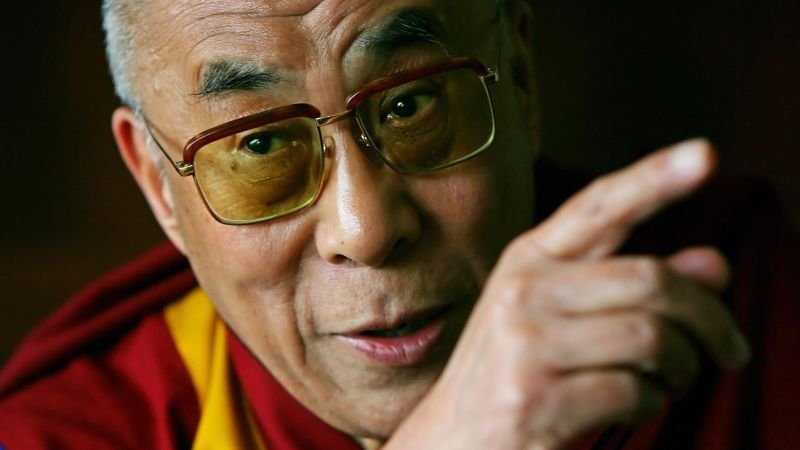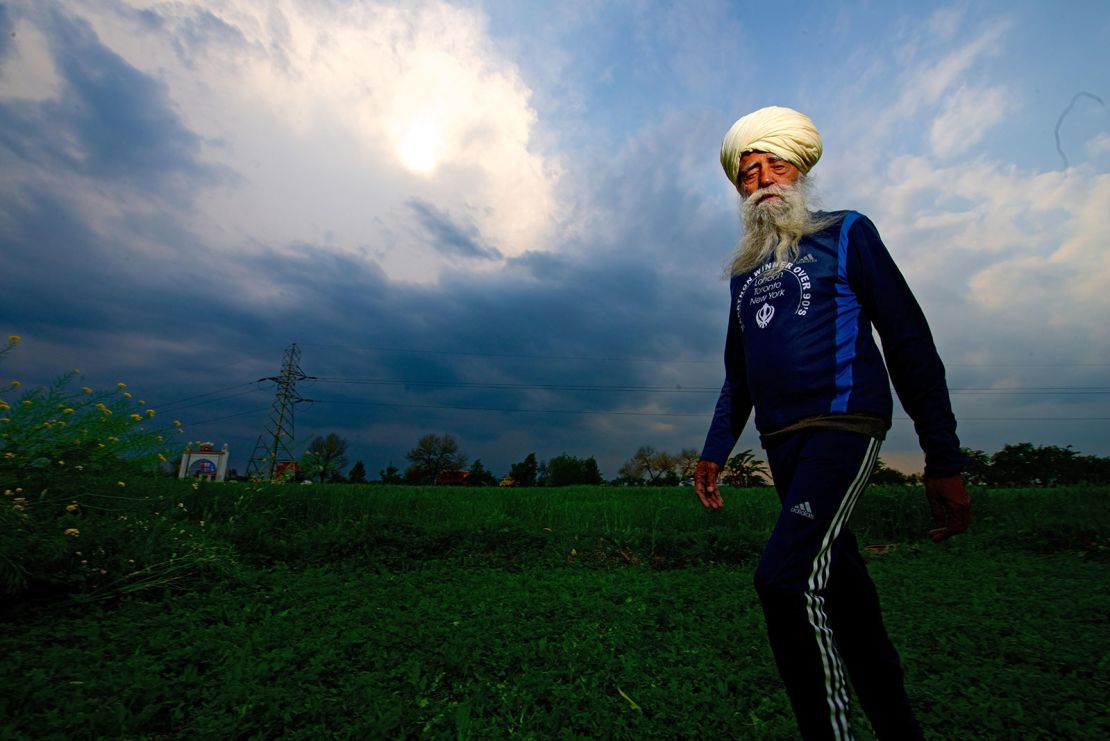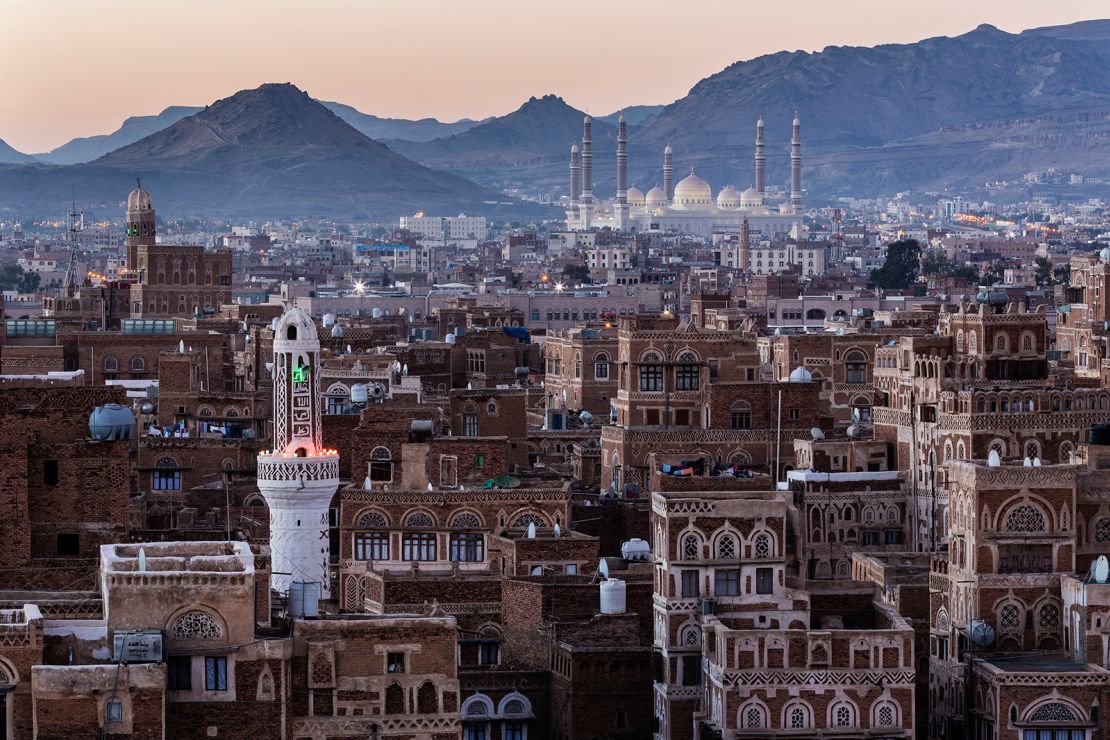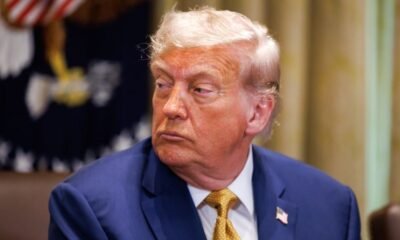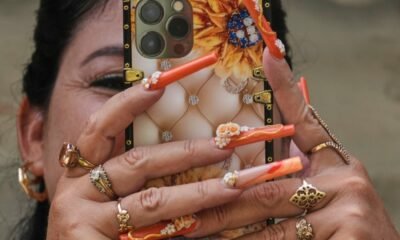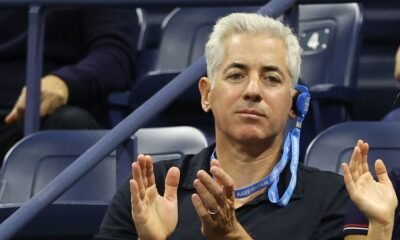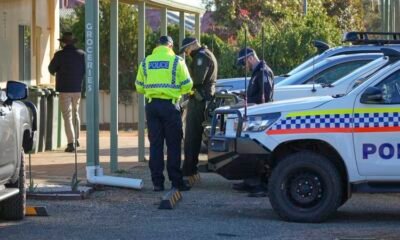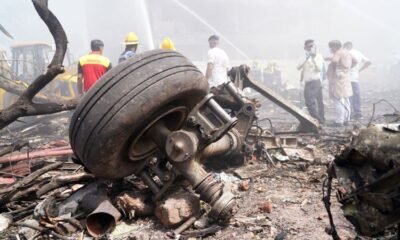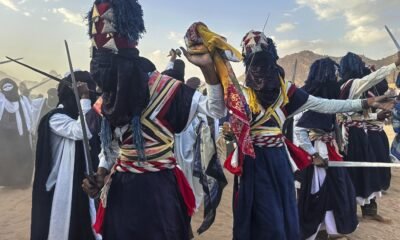CNN
—
Here is a look at the life of his Holiness the 14th Dalai Lama, Tenzin Gyatso, Buddhist spiritual leader of the people of Tibet.
Birth date: July 6, 1935
Birth place: Taktser, Amdo, Eastern Tibet
Birth name: Lhamo Dhondup
Father: Choekyong Tsering
Mother: Dekyi Tsering
Education: Geshe Lharampa Degree (Doctorate of Buddhist Philosophy), 1959
The Dalai Lamas are considered the manifestations of the Bodhisattva (Buddha) of Compassion, who chose to reincarnate to serve the people.
This Dalai Lama, the 14th Dalai Lama Tenzin Gyatsois, is the 74th manifestation of Avalokiteshvara Bodhisattva, the enlightened Buddha of compassion.
Tibetans normally refer to His Holiness as Yeshe Norbu, the Wishfulfilling Gem, or simply Kundun – The Presence.
Has traveled to numerous countries with a message of religious and cultural tolerance and peace.
Awarded a Nobel Peace Prize.
1938 – Is taken from his family in Taktser to the Kumbum monastery after a delegation of monks looking for the new Dalai Lama find him.
February 22, 1940 – Enthronement ceremony takes place in Lhasa, Tibet. His birth name is forfeited and he assumes the name Jetsun Jamphel Ngawang Lobsang Yeshe Tenzin Gyatso.
November 8, 1950 – Chinese soldiers of the People’s Liberation Army invade Tibet at Lhasa.
November 17, 1950 – The Dalai Lama assumes full political power as Tibetan Head of State and Government ahead of schedule. Investiture is moved up from his 18th birthday as a result of China’s invasion of Tibet.
1954-1959 – Participates in unsuccessful peace talks in Beijing with Chinese leaders including Mao Tse-Tung, Chou En-lai and Deng Xiaoping. In 1959, the talks end when the Chinese army forces 80,000 Tibetan refugees into exile.
March 17, 1959 – Goes into exile; leaves Lhasa for India dressed as a soldier.
April 21, 1959 – Officially takes up residence in exile in Mussoorie, India.
1960 – Dharamsala, India, becomes home to the Dalai Lama and headquarters of the government-in-exile of Tibet.
1963 – Enacts a new Tibetan democratic constitution based on Buddhist principles and the Universal Declaration of Human Rights.
September 30, 1973 – Meets with Pope Paul VI at the Vatican, the first ever meeting of a pope and a spiritual leader of Tibetan Buddhists.
May 1977 – The Chinese government makes the Dalai Lama a conditional offer, the opportunity to return to Tibet after acceptance of Chinese rule over Tibet. The offer is rejected.
August 3, 1979 – Arrives in the United States for a 49-day tour.
February 2, 1986 – Meets with Pope John Paul II in New Delhi.
September 1987 – Attends the Congressional Human rights Caucus in Washington, DC, and proposes a Five Point Peace Plan for Tibet’s future.
1989 – Wins the Nobel Peace Prize for his dedication to the nonviolent liberation of Tibet.
April 16, 1991 – White House meeting with US President George H. W. Bush, the first ever between the spiritual leader and a president of the United States.
May 6, 1993 – Meets with US President Bill Clinton and US Vice President Al Gore at the White House.
September 1995 – Tours the United States urging government involvement with talks with China over Tibetan autonomy.
March 27, 1997 – Meets with President Lee Teng-hui of Taiwan in Taipei.
December 25, 1997 – Disney, through Touchstone Pictures, releases the biopic “Kundun,” directed by Martin Scorsese.
November 10, 1998 – Requests assistance in opening official negotiations with China regarding the future of Tibet at a meeting of senior government officials in Washington, DC, that includes Clinton. The Dalai Lama says that the distrust between himself and China is too great to re-open the talks.
May 2001 – Meets with US President George W. Bush, Congressional leaders and US Secretary of State Colin Powell, among others in Washington, DC.
2002 – Speaks out against China, stating that China should embrace democracy if the country is to be a major world power in the coming years. He also criticizes the United States-led war on terrorism, saying that the use of force to override terrorists overlooks the underlying problems that lead to terrorism.
September 2003 – Begins a 16-day tour of the United States in San Francisco. Other cities he visits include New York; Boston; Washington, DC; and Bloomington, Indiana, meeting again with Bush and Powell.
September 19-22, 2004 – Tours South Florida and gives a series of public and private lectures on peace and religious and cultural harmony. Lecture sites include University of Miami and Florida International University.
November 8, 2005 – Meets with Bush and US Secretary of State Condoleezza Rice in Washington, DC.
September 11, 2006 – Receives honorary Canadian citizenship in a ceremony at Vancouver’s GM Place Stadium.
February 5, 2007 – The Dalai Lama is named a presidential distinguished professor at Emory University in Atlanta.
June 22, 2007 – Appears in the documentary, “Ten Questions for the Dalai Lama,” a 2001 interview done in India that shows some of the life and teachings of the Dalai Lama.
October 9-31, 2007 – Visits North America. While in Washington, DC, he is awarded the Congressional Gold Medal by Bush. He later visits Emory University in Atlanta for a conference and installation as a presidential distinguished professor.
January 2008 – Calls for peaceful protests during the upcoming Beijing Olympics, to highlight the plight of Tibet.
March 18, 2008 – States during an interview that he would step down as leader of Tibetan exiles if violence in Tibet were to get out of control.
April 13, 2008 – Arrives in the US for a 10-day tour that makes stops in Seattle, Ann Arbor, Michigan, and Hamilton, New York.
April 21, 2008 – The Dalai Lama is made an “honorary citizen” of Paris, over the objections of French President Nicolas Sarkozy’s political party.
May 23, 2008 – Meets with British Prime Minister Gordon Brown in London.
June 12, 2008 – Urges his supporters not to cause trouble when the Olympic torch passes through Tibet; he also reiterates a general plea for his supporters not to target the torch or the Olympic games.
October 6, 2009 – US House Speaker Nancy Pelosi awards the inaugural Lantos Human Rights Prize to the Dalai Lama, honoring his commitment to ending global injustices.
February 18, 2010 – Meets with US President Barack Obama at the White House.
March 10, 2011 – Announces plans to devolve political power to an elected leader of the Tibetan exile movement.
May 29, 2011 – Approves amendments to the exiled constitution, formally removing his political and administrative responsibilities.
July 16, 2011 – Meets with Obama at the White House.
May 14, 2012 – Accepts the Templeton Prize, an award worth £1.1 million ($1.77 million) that honors “outstanding individuals who have devoted their talents to expanding our vision of human purpose and ultimate reality.”
February 21, 2014 – Meets with Obama at the White House.
September 7, 2014 – The German newspaper Die Welt publishes an interview with the Dalai Lama in which he suggests ending the tradition of choosing a spiritual leader for the Tibetan people. The article sparks discussions about whether the Dalai Lama was declaring that he will not be reincarnated. He later clarifies his comments during an interview with the BBC, saying that it is “up to the Tibetan people” whether another Dalai Lama will arise after his death.
May 6, 2016 – The New York Times reports the launch of the Atlas of Emotions, a project commissioned by the Dalai Lama. Created by psychologist Paul Ekman for $750,000, it is reportedly a “map of emotions” that aims to help people find inner peace.
June 15, 2016 – Meets with Obama at the White House, his fourth meeting with the US president.
December 14, 2017 – Announces the release of the Dalai Lama app.
March 22, 2018 – Sonam Dagpo, spokesperson for the Central Tibetan Administration announces that the “His Holiness is invited to different countries but he has cut down public engagements because of age. He is exhausted after teaching for a long period of time. Therefore a few commitments have been canceled.”
April 9, 2019 – Aides announce that the Dalai Lama has been hospitalized with a chest infection, but is in stable condition. He is discharged two days later.
July 6, 2020 – Coinciding with his 85th birthday, the Dalai Lama releases an album of teaching and mantras accompanied by music titled “Inner World.”
April 10, 2023 – Apologizes after a video emerged showing the Dalai Lama kissing a boy on the lips and then asking him to “suck my tongue” at an event in northern India.
June 3, 2024 – According to a statement from the Dalai Lama’s office, the Dalai Lama will visit the US for medical treatment for his knee.
June 12, 2024 – The US House of Representatives passes a bill urging China to improve dialogue with the Dalai Lama.
March 11, 2025 – The Dalai Lama’s book “Voice for the Voiceless” is published.

